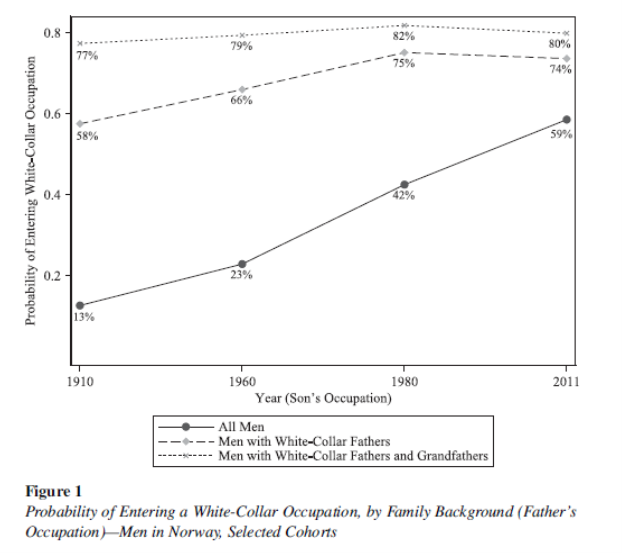Today's cool young researcher #EconTwitter is @JulieSantamaria at the IADB who works on migration, health, + gender
juliethsantamaria.com
juliethsantamaria.com
One paper joint w/@lucia_hanmer Rubiano + Arango shows that gender inequalities among a Syrian refugee population amplifies poverty, w/female-headed households particularly vulnerable
tandfonline.com/doi/abs/10.108…
tandfonline.com/doi/abs/10.108…
Another closely related paper shows this poverty gender gap among Syrian refugee hh is also increasing over time
openknowledge.worldbank.org/entities/publi…
openknowledge.worldbank.org/entities/publi…
Another fascinating paper @darwincortes @juanf_vargas analyzes impact of unusual shock: dismantling of Ponzi schemes by Colombian authorities in 2008! Finds some evidence of ⬆️ crime (but not violent crime) in adversely affected areas w/weak institutions
sciencedirect.com/science/articl…
sciencedirect.com/science/articl…
Paper analyzing effects of Venezuelan refugee inflows in Colombia finds precisely estimated null effects on labor market outcomes; uses a novel strategy to ID presence of migrants (use of Internet search terms used by Venezuelans and not Colombians)
static1.squarespace.com/static/5dc4dcd…
static1.squarespace.com/static/5dc4dcd…
And finally, a paper joint w/ @marcfbellemare @KhoaVuUmn @knnchua analyzes the effect of a new land law in Vietnam in 2013 that extends use rights by 50 years and finds ⬆️ investment in irrigation + conservation
sciencedirect.com/science/articl…
Check out her work!
sciencedirect.com/science/articl…
Check out her work!
• • •
Missing some Tweet in this thread? You can try to
force a refresh

 Read on Twitter
Read on Twitter






